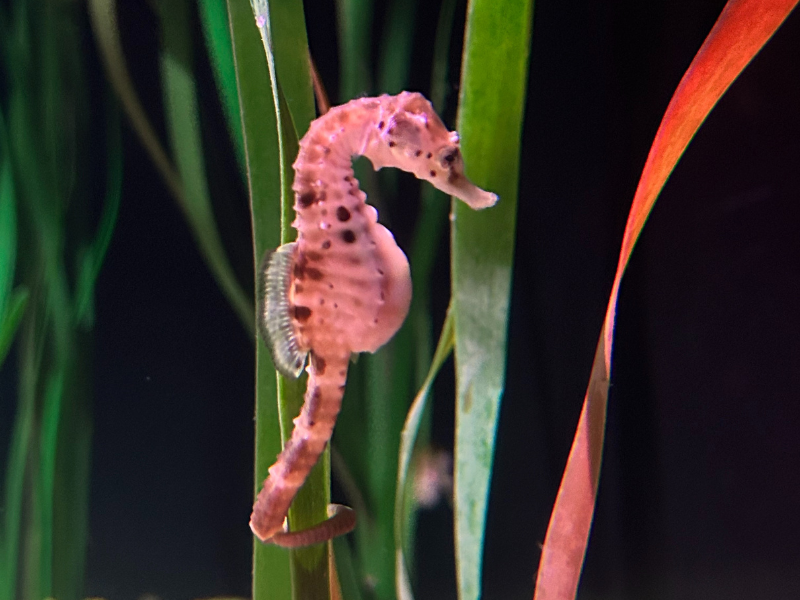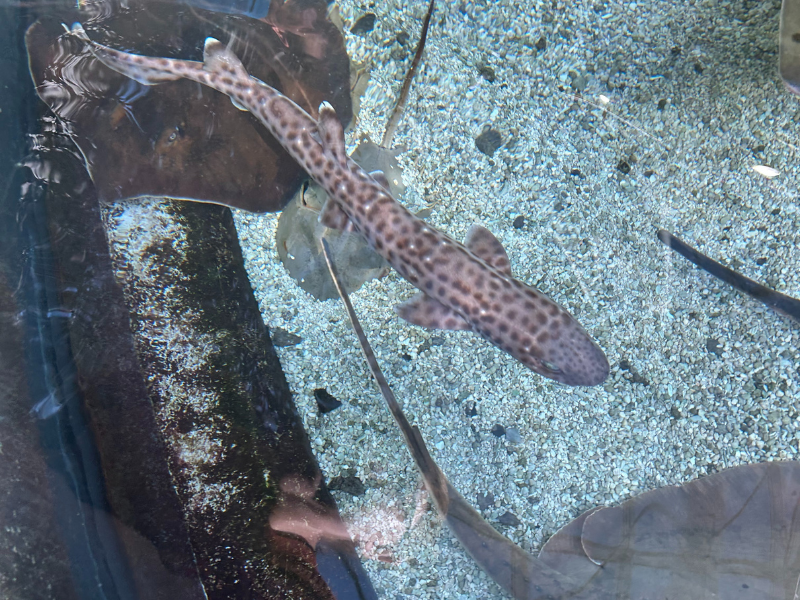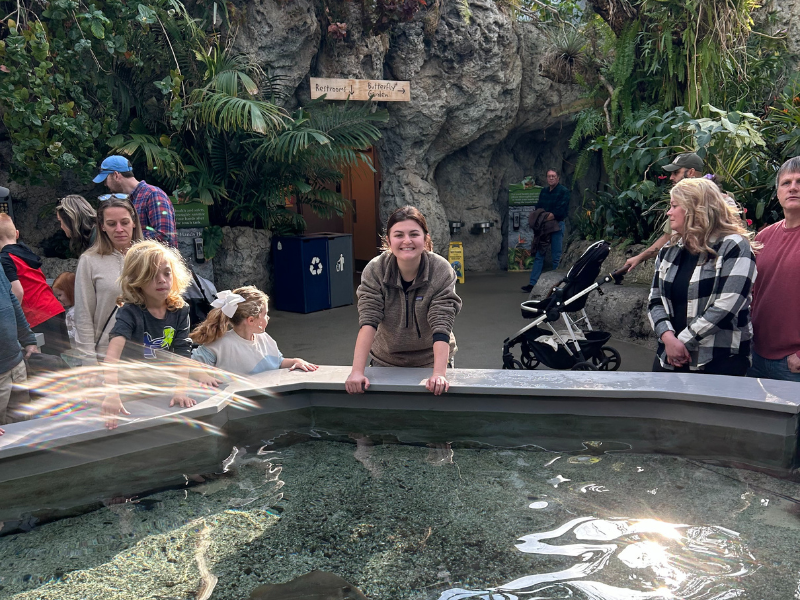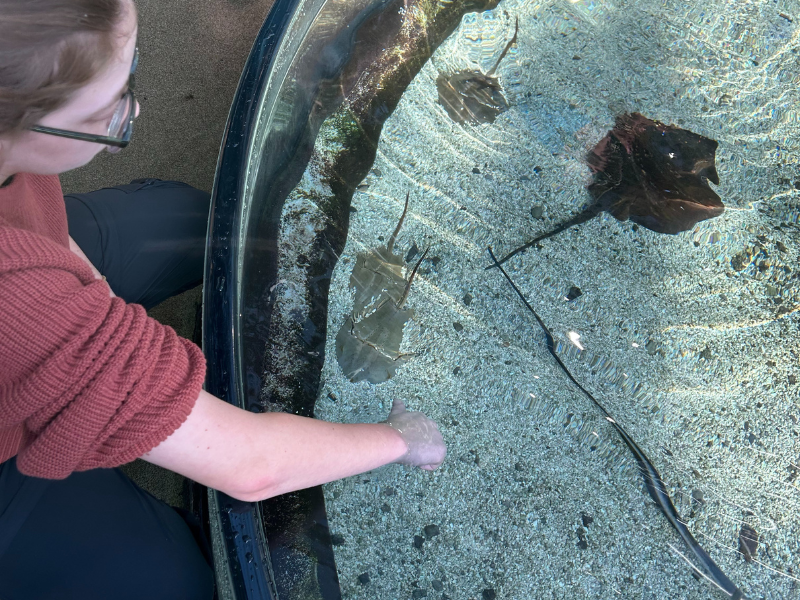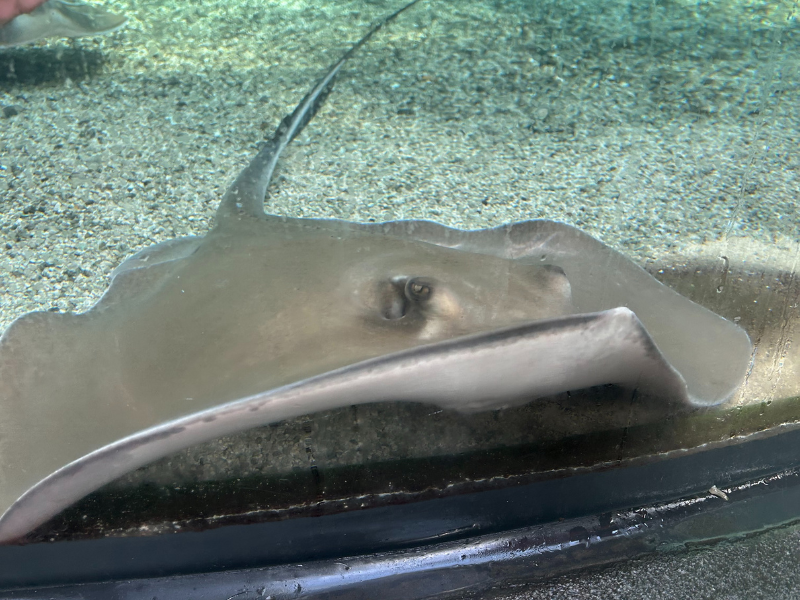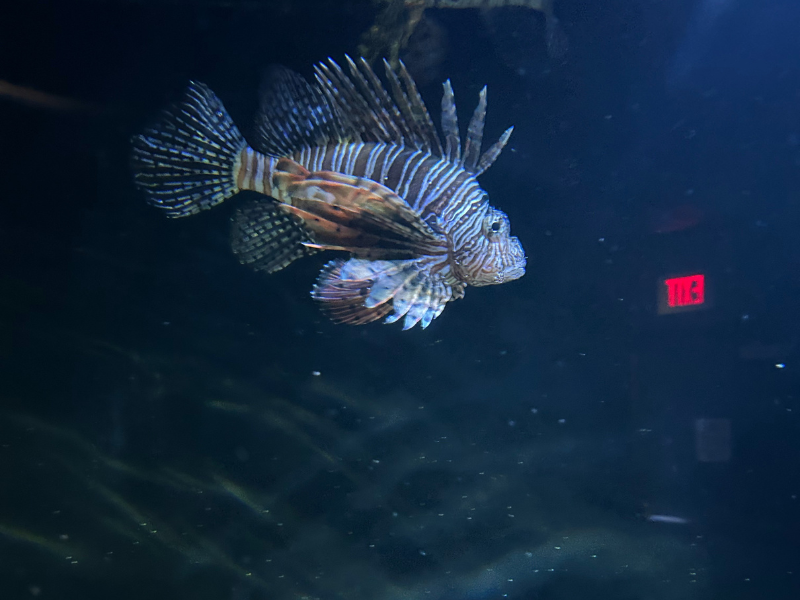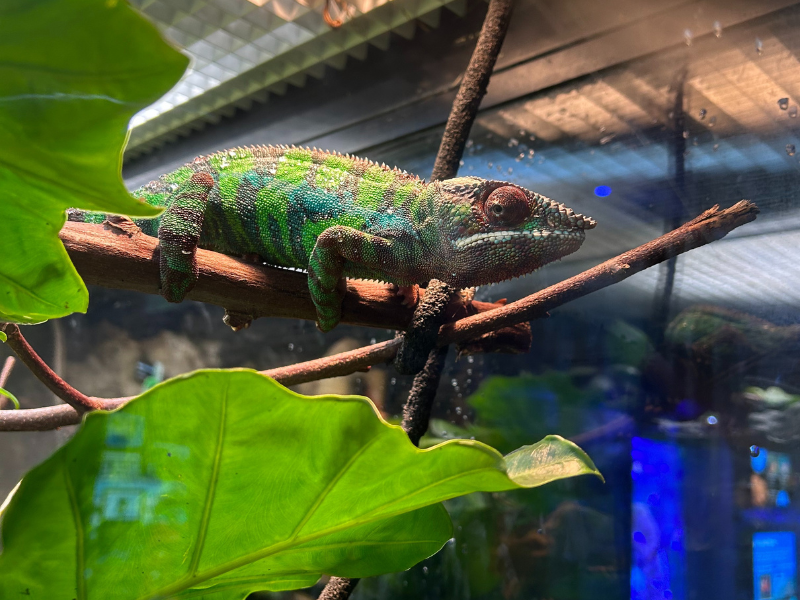- Home
- Academics
- School of Arts and Sciences
- Environmental Science
- Natural Science
Natural Science

The Natural Science concentration focuses on understanding fundamental physical, chemical, and biological interactions that drive the Earth System. This concentration trains students to apply the fundamentals of Earth System function to management of ecosystems and natural resources. Students also learn the principles and applied science use for environmental remediation and restoration of degraded environments.
Why study Natural Science at Coastal Georgia?
What will I learn?
Environmental Science students in either the Natural Sciences or Environmental Studies concentration complete a solid-core of courses that introduce them to field-and-data-based research approaches. Our students have the opportunity to gain experience in using Geographic Information Systems (GIS) software (QGIS and ArcGIS), STELLA, a visual interface systems-modeling software, and R, an open-source statistical programming environment.
Our students gain a holistic understanding of how to conceptualize and investigate Earth processes. First year students begin by examining the foundations of the Earth in physical geology and historical geology. They build on their understanding of Earth processes through completing general science education courses in chemistry, biology, and earth systems. Their upper-level courses develop content-knowledge in physics followed by GIS, hydrology, sustainability, statistics, oceanography, and climate change. Senior Seminar is designed to professionally prepare students for job interviews, graduate school applications, and refine student research design thinking. Environmental Science electives are integrated in a way that allows students to specialize in the aspects of Environmental Science that they are most interested in.
What can I do when I graduate?
Environmental Science is inherently multidisciplinary and integrates the fields of biology, physics, chemistry, and earth science. With this multidisciplinary knowledge of the natural sciences, environmental scientists work to protect the environment and human health.
Environmental scientists excel in a wide variety of careers, though most work for the government (federal, state, or local), or for private companies. In these roles, environmental scientists conduct research, advise on policy, and help companies comply with regulations.
In 2019, the median pay for environmental scientists in the United States was over $71,000, and the typical entry-level education was a Bachelor’s degree. Employment of environmental scientists and specialists is projected to grow eight percent over the next decade – much faster than the average for all occupations. Demand for environmental scientists is increasing as the public becomes more interested and concerned with hazards facing the environment and heightened demands placed on the environment.
For more information on environmental science careers, visit the U.S. Bureau of Labor Statistics’ webpage on environmental scientists and specialists.
-
Dr. James Deemy
Assistant Professor of Environmental ScienceJames Deemy is a hydrologist and environmental scientist. He has a broad background in biology, ecology, and geology. His research interests focus on assessing the hydrologic connectivity between isolated, ephemeral wetlands and watersheds. He has specifically assessed the water quality and quantity of agricultural storm-based flows that connect wetlands to nearby waters in southwest Georgia. James also has active research in water resources education.
Coastal Grads Participate at AGU Conference in San Juan

“This puts students from Coastal’s Department of Natural Sciences at the forefront of hydrologic research, and will also be a great learning opportunity for them.”
-Dr. James Deemy, Coastal Georgia
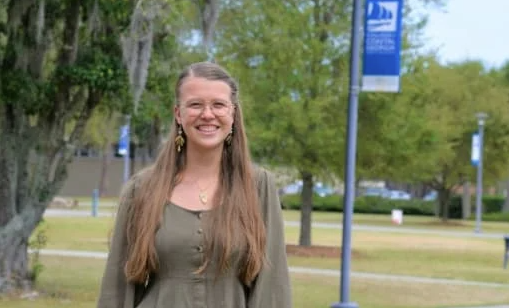
An Unexpected Internship Opportunity with NASA
Coastal Georgia Environmental Science student, Lily Heidger, scored an internship with NASA Headquarters studying earth data systems.
